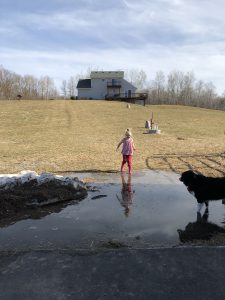
Whether someone is a child or an adult, interactions with nature enhance overall health and well-being. At Nature’s Edge Therapy Center, we believe that participating and engaging in nature is beneficial and vital for a person’s overall mental, physical, emotional, and spiritual health. As such, nature becomes an important aspect of how we provide our treatment services. But what are the aspects of nature that benefit our patients (and ourselves) so much?
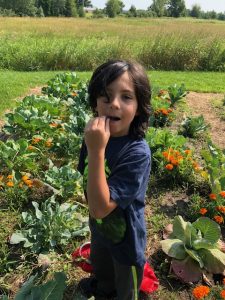
Nature – A Perfect Balance
Nature provides a perfect balance of sensory experiences that stimulate our senses naturally, without overwhelming us, while promoting feelings of enhanced well-being. Nature landscapes provide engaging environments for our many sensory systems, including sound, sight, touch, taste, smell, and movement. While our playgrounds, stores, and movie theaters may provide engaging sights and sounds, these man-made environments often overstimulate or deprive us of certain senses our bodies rely on for the best interpretation of and engagement in what is going on around us. Nature offers a balance of colors, smells, and sounds that produce an automatic calming response to our nervous systems, allowing us to feel relaxed and engaged in the present moment. It provides a sense of calm and ease that both children and adults alike seek to experience.
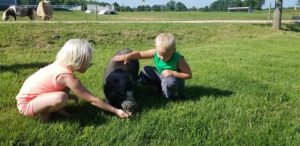
Nature – The Right Environment
Nature provides the right type of environment to foster (and maintain) health and well-being. For children, nature provides a perfectly balanced landscape to help them develop appropriate fine and gross motor skills, language skills, emotional regulation skills, and learn how to navigate social and cognitive skills. Just by exploring and playing in nature, a child develops and engages their nervous system pathways. Their bodies learn how to interpret various sensations that improve strength, endurance, coordination and balance. Without this exposure and engagement, a child does not learn how to self-modulate and control surrounding sensory information, making participation and mastery over daily life skills difficult. When children are not given enough time to engage, move, and play in nature, we notice that these children may have difficulty focusing on daily life tasks, may not be able to express or understand their emotions or needs, may have a hard time staying engaged, and may not understand how to control themselves or how to interact with others. This can also be true for adults, when deprived of the richness of nature. Decreased mental and physical health and well-being are often reported for adults that do not get to spend adequate amounts of time engaged in nature.
At Nature’s Edge, we frequently hear reports from our program participants and patients that they are thankful for the opportunity to spend time out in nature. Many patients that have not had previous success meeting therapy goals at indoor medical clinics have thrived under this model of care that incorporates the vast richness of nature. Nature stimulates multiple senses simultaneously, providing as a direct result intentional engagement and presence that is both motivating and vital for success in therapy.
Check out these photos of our therapy clinic and how motivating nature is to promote overall health and well-being!
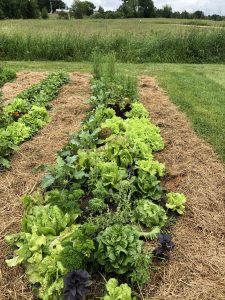
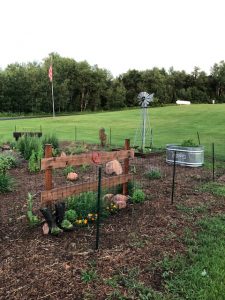

References:
https://www.natureplayqld.org.au/nature-play-in-early-years-education

